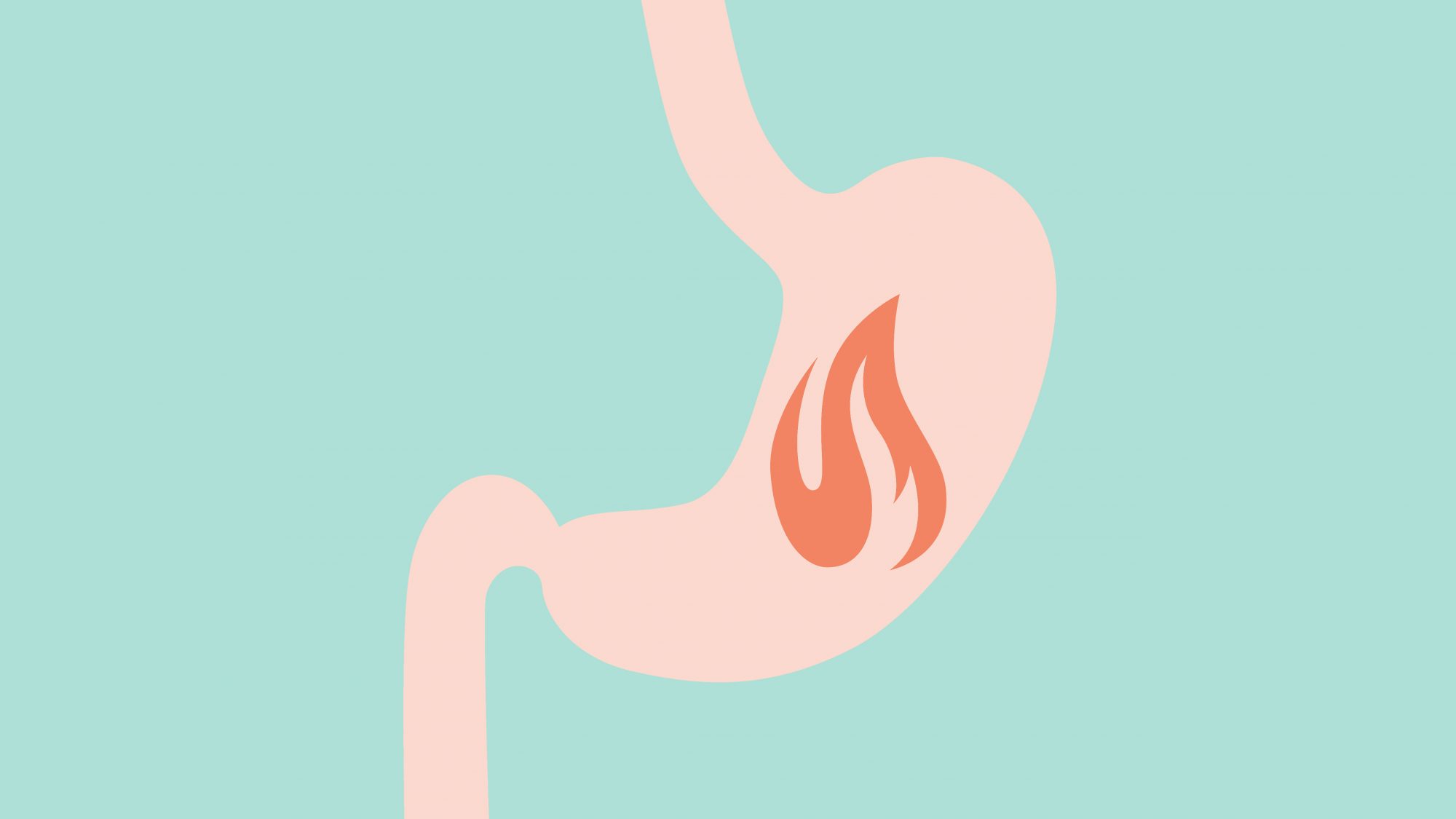Acid reflux occurs when stomach acid leaks out of the stomach and up into the esophagus. The primary symptom is heartburn, which is an uncomfortable, burning sensation in the chest. Pregnant women are particularly prone to acid reflux and heartburn. Heartburn can affect anyone at any time, but it is particularly common during pregnancy. Potential symptoms of acid reflux include: a bitter taste in the mouth, sore throat, cough, bloating, belching, nausea, vomiting. Several medications are suitable for treating acid reflux and heartburn during pregnancy. Women can also try home remedies, such as wearing loose fitting clothes, eating smaller meals, and avoiding foods that can trigger heartburn. Women should see a doctor if they experience heartburn that is severe or persistent during pregnancy. Heartburn-type symptoms can sometimes mimic those of other conditions, such as preeclampsia. Attending all routine antenatal appointments reduces the risk of complications developing during the pregnancy.
(Credits: www.medicalnewstoday.com)


